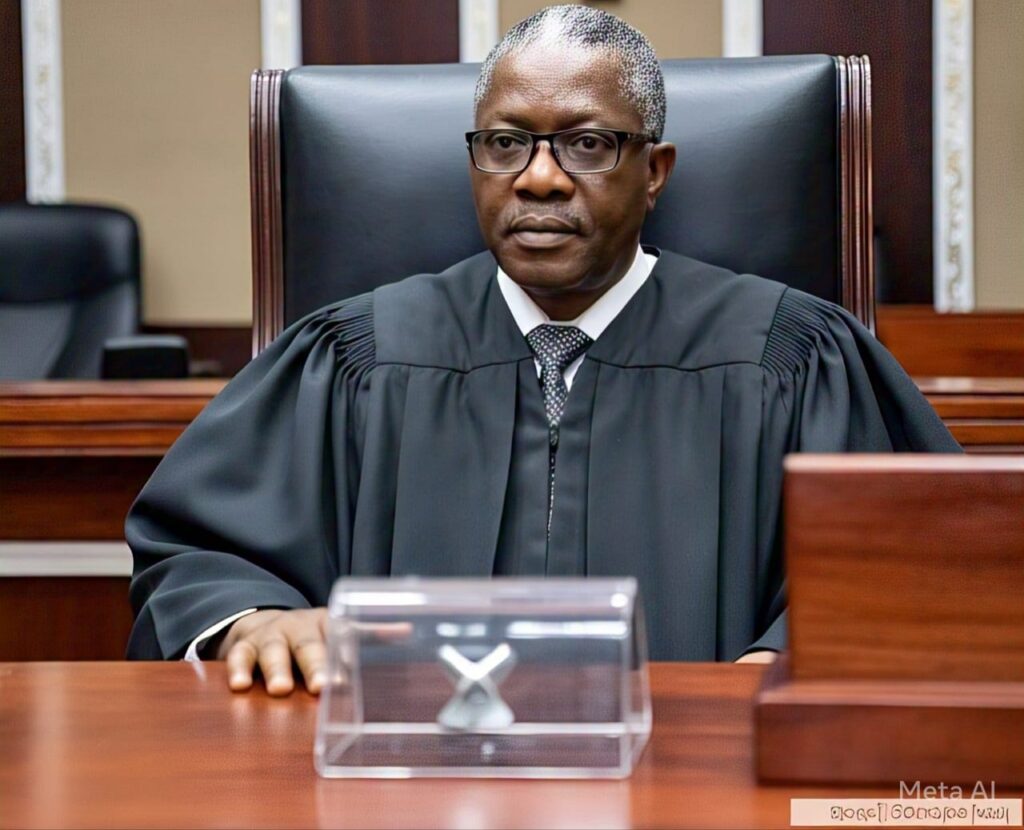The Nigerian Supreme Council for Ecclesiastical Affairs (NSCEA) has officially approved the establishment of Ecclesiastical/Christian Courts across Nigeria.
According to a statement released on Friday, this decision followed a closed-door meeting of the National Executive Council, where a consensus was reached to move forward with the implementation of these courts.
The group has urged Christian universities to establish Ecclesiastical Law departments, similar to the Shari’ah law departments found in some Universities.
They also called for denominations and church centers to be designated as Arbitration Centers for resolving disputes among Christians.
The statement on arbitration panels noted that cases that cannot be resolved through arbitration will be referred to common law courts.
It further added that additional arbitration centers should be set up nationwide to support the existing court system.
The NSCEA emphasized the need for balance, noting that Shari’ah law is already recognized in the Nigerian Constitution and operates in Northern Nigeria and among Yoruba Muslims in the South West.
The establishment of Ecclesiastical Courts aims to provide a fair and just system for Christians, addressing concerns about marginalization and exclusion.
Funmilayo Adesanya-Davies, Secretary of the Elders’ Council of the Nigerian Supreme Council for Ecclesiastical Affairs (NSCEA), said: “The establishment of Ecclesiastical Courts is overdue and must commence immediately.
“Arbitration is a contractual matter, and the law empowers private citizens to form arbitral panels and determine the legal framework.”
She expressed the serious concern of the Nigerian Christian community about Shari’ah law, emphasizing the need to avoid being subjected to Shari’ah law as practiced in Northern Nigeria.
She added: “The Christian Association of Nigeria (CAN) has previously demanded the establishment of Ecclesiastical Courts, citing the need for a balanced system that recognizes both Shari’ah and Christian laws.”
“Our duty at NSCEA is to: ‘Write the vision; make it plain on tablets, so he may run who reads it. (Habakkuk 2:2)”















